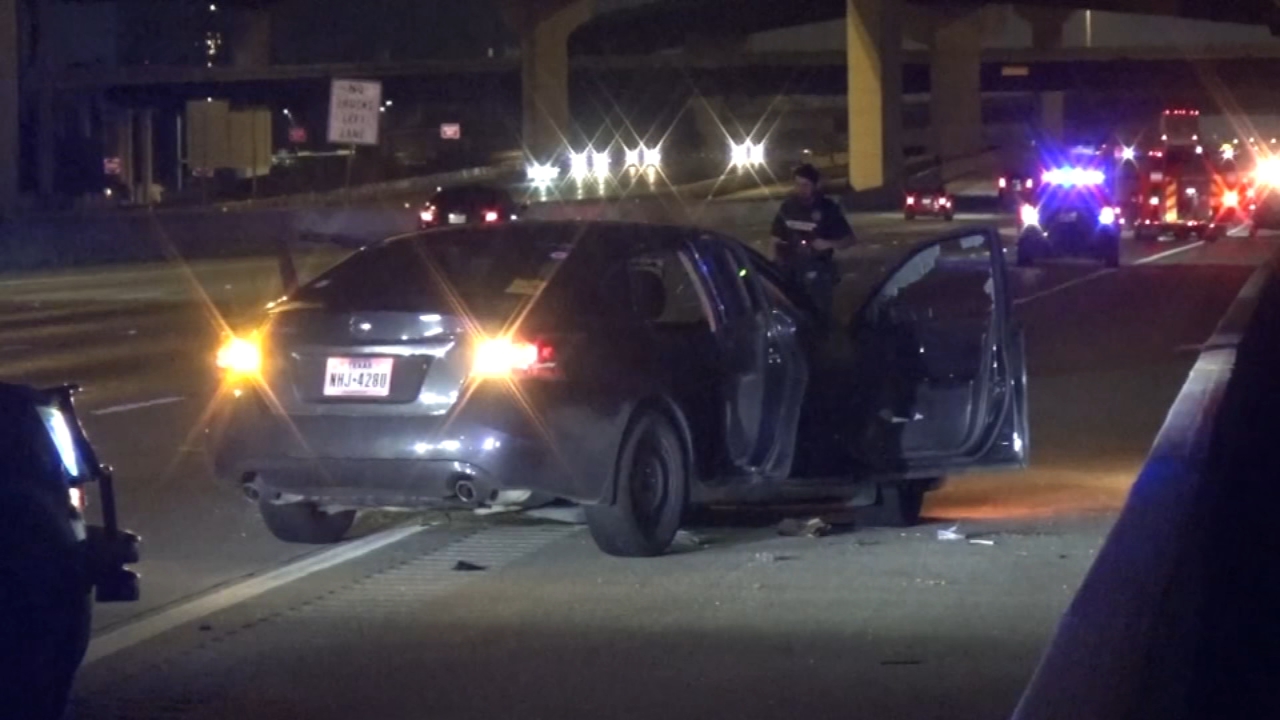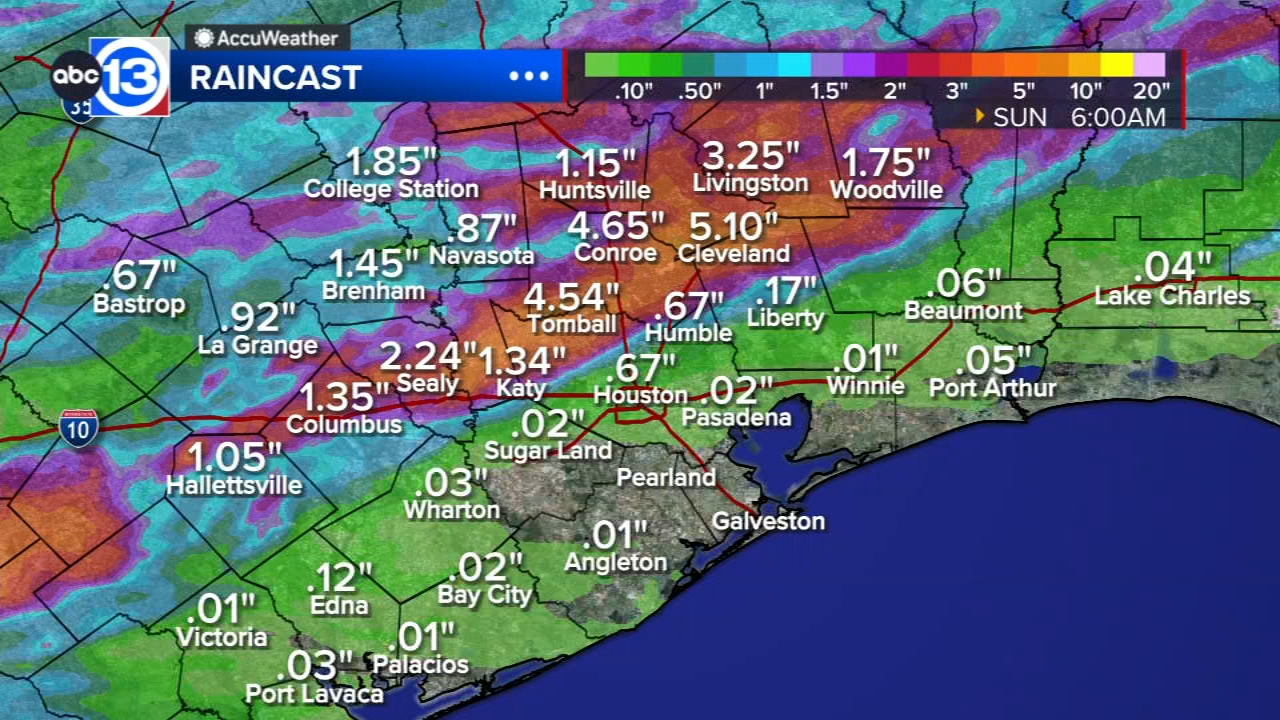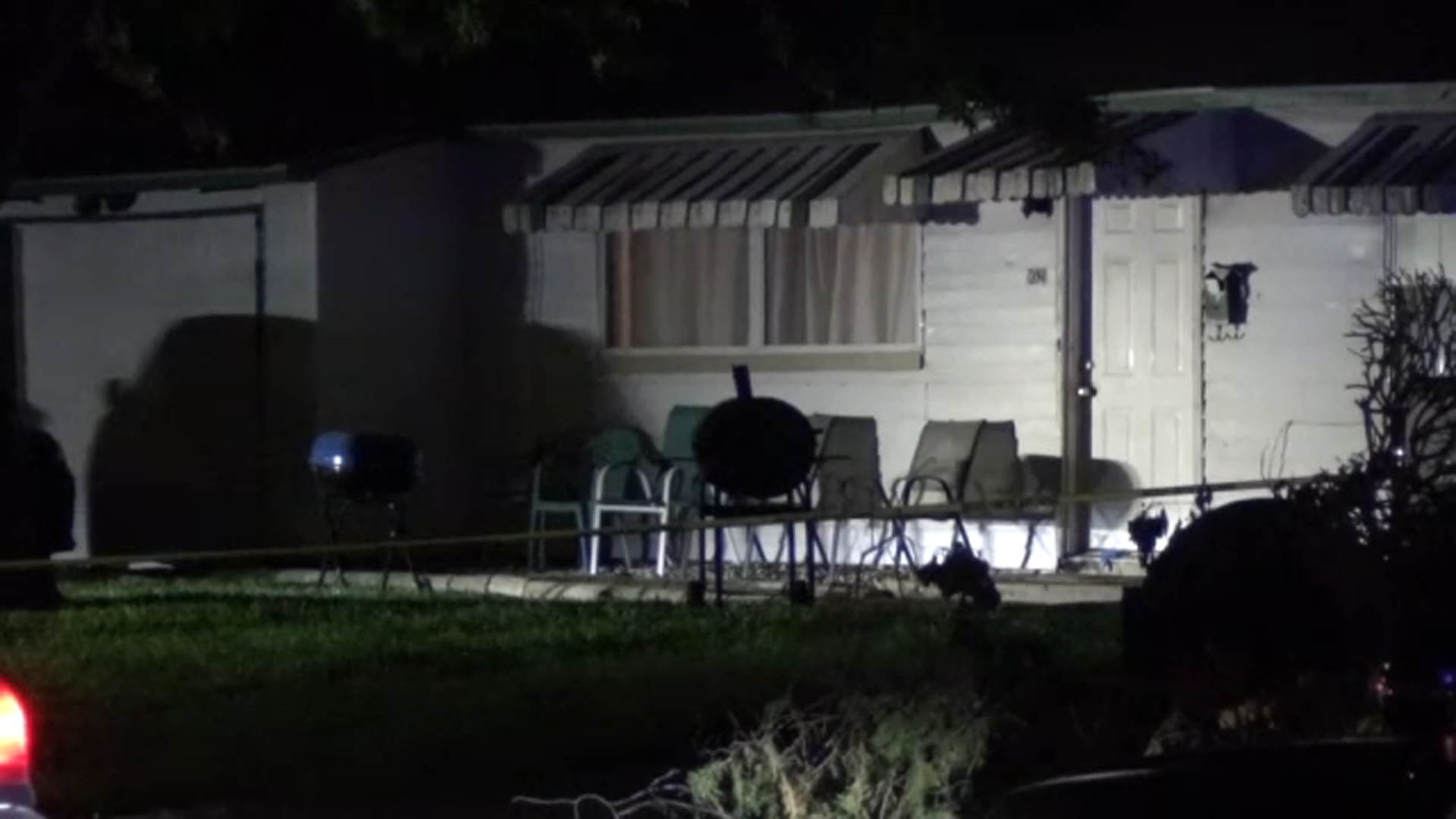Houston ISD police mourn officer who died by suicide
Remember that if you need help, you can reach out to the National Suicide Prevention Lifeline at 1-800-273-8255
HOUSTON, Texas -- The Houston ISD police department is mourning the death of one of their officers after authorities say she died by suicide.
Houston police say that they were notified about a missing woman around 8:40 p.m. Wednesday, and began to search for her.
A few hours later, around 11:10 p.m., an HISD sergeant notified HPD they had found her inside her personal vehicle on Bell near Collier.
She was not on duty at the time.
HPD Chief Art Acevedo tweeted his condolences, writing, "The holidays are unusually tough for folks making it doubly important that we watch out for and check on each other. No matter the challenge, help is available if you need it."
If you or someone you know is having suicidal thoughts, you can reach out 24/7 to the toll-free National Suicide Prevention Lifeline at 1-800-273-8255. This hotline is available to anyone in suicidal crisis or emotional distress.
The fatigue of the pandemic can also take a toll on mental health. The state of Texas has a COVID-19 Mental Health Support Line that anyone can call toll-free at 833-986-1919.
The website goodtherapy.org provides some tips on how to talk to someone who may share feelings of hopelessness or thoughts of suicide.
- Validate their feelings, letting them know you are listening attentively.
- Take talk of suicide seriously. Never suggest it is for attention.
- Ask if there is something they need or that you can do to help. Be prepared for them to say no, but don't end the conversation there.
- Do not leave a person experiencing suicidal thoughts alone. If you can't be with them, find someone who can, such as a parent, friend or another loved one.
- Remove objects the person could use to harm themselves such as drugs or weapons.
While some people may openly share their thoughts, others could be suffering in silence. The American Foundation of Suicide Prevention recommends paying attention to these warning signs:
- Talk of feeling trapped, being a burden, having no reason to live, or facing unbearable pain.
- Changes in mood, including increases in anxiety, depression, anger, loss of interest in life, or feelings of shame and humiliation.
- Reckless behavior, including aggression or increased use of drugs or alcohol.
- Giving things away.
- Isolating oneself from loved ones, or reaching out to people to say goodbye.
You can find more on prevention and how to help by visiting the GoodTherapy website.




